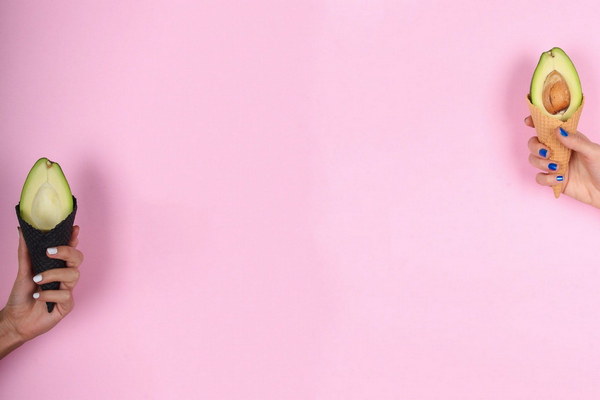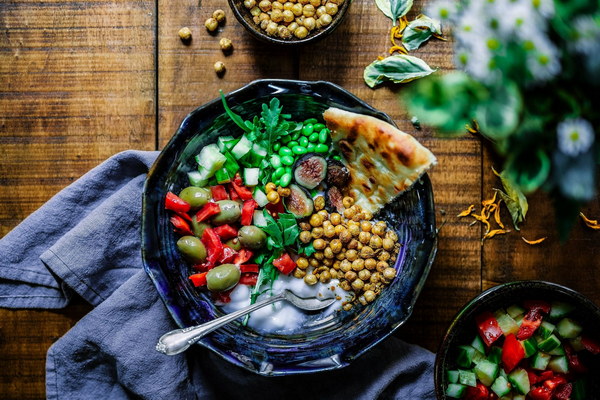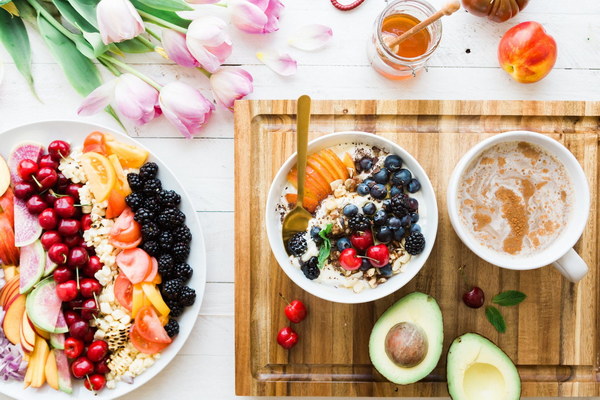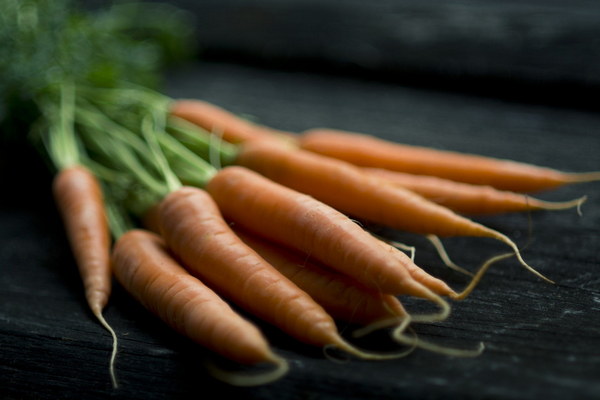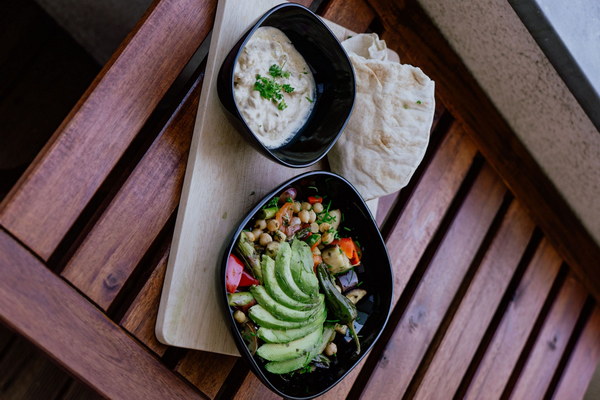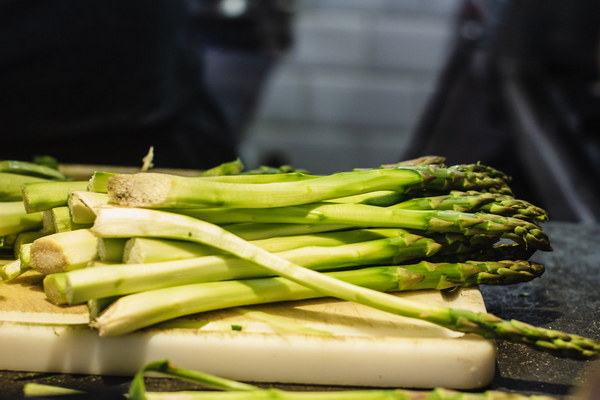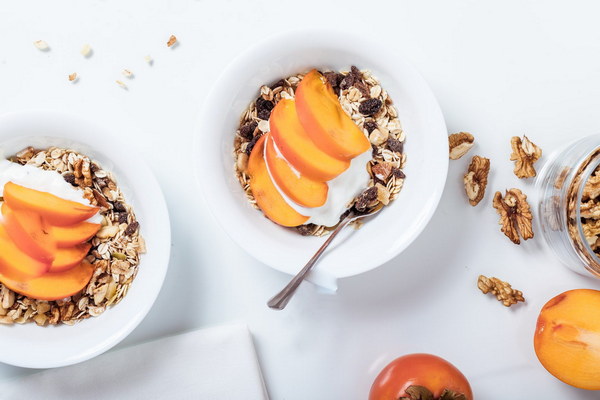Optimizing Pre-Pregnancy Health A Comprehensive Guide to Nutritional Supplements
Embarking on the journey to motherhood is an exciting time for many women, and ensuring optimal health before conception is crucial for a healthy pregnancy and baby. One of the most effective ways to prepare your body for pregnancy is through proper nutrition. This article delves into the essential nutrients and dietary adjustments that can help you prepare for a healthy pregnancy.
1. Folic Acid
Folic acid, also known as vitamin B9, is a vital nutrient for women planning to conceive. It plays a crucial role in the development of the neural tube, which eventually becomes the baby's brain and spinal cord. According to the American Congress of Obstetricians and Gynecologists (ACOG), women should take 400-800 mcg of folic acid daily for at least three months before conception.
Good sources of folic acid include fortified cereals, leafy green vegetables, legumes, and citrus fruits. If you're unable to meet your daily requirement through diet alone, consider a folic acid supplement.
2. Iron
Iron is an essential mineral that carries oxygen to the body's tissues and is particularly important during pregnancy. Iron deficiency can lead to anemia, which can cause fatigue, weakness, and a higher risk of preterm birth.
Women of childbearing age should aim for 18 mg of iron per day, which can be obtained from foods like lean red meat, poultry, fish, pork, and iron-fortified cereals. To enhance iron absorption, pair these foods with vitamin C-rich foods, such as strawberries, bell peppers, and citrus fruits.
3. Calcium
Calcium is essential for building and maintaining strong bones and teeth. During pregnancy, your body needs extra calcium to support your baby's development. The recommended daily intake for women aged 19-50 is 1,000 mg, which increases to 1,300 mg during pregnancy.
Dairy products like milk, cheese, and yogurt are excellent sources of calcium. If you're lactose intolerant or prefer non-dairy options, consider fortified plant-based milk, tofu, and leafy green vegetables.
4. Omega-3 Fatty Acids
Omega-3 fatty acids are crucial for baby's brain and eye development. They can also help reduce the risk of preterm birth and certain birth defects. The recommended daily intake is 300 mg of DHA, a type of omega-3 fatty acid.
Rich sources of omega-3 fatty acids include fatty fish like salmon, mackerel, and sardines, as well as flaxseeds, chia seeds, and walnuts. If you're not a fan of fish, consider a fish oil supplement, but consult with your healthcare provider first.
5. Protein
Protein is the building block of life and essential for the growth and development of your baby. The recommended daily intake for women aged 19-50 is 46 g of protein, which increases to 71 g during pregnancy.
Good protein sources include lean meats, poultry, fish, dairy, eggs, legumes, and nuts. Incorporating a variety of protein sources into your diet can help ensure you're getting all the essential amino acids your body needs.
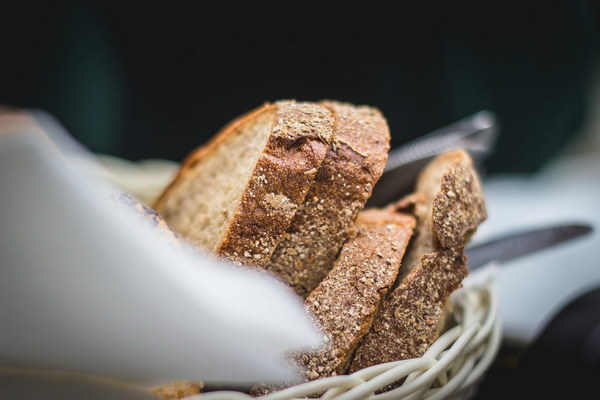
6. Prenatal Vitamins
While a balanced diet is essential, prenatal vitamins can help fill in the nutritional gaps and ensure you're getting all the necessary nutrients. These vitamins typically contain folic acid, iron, calcium, and other essential vitamins and minerals.
It's important to consult with your healthcare provider before starting prenatal vitamins, as they may not be suitable for everyone. They can also help you determine the appropriate dosage and any potential interactions with other medications you may be taking.
In conclusion, proper nutrition is key to preparing your body for pregnancy. By focusing on folic acid, iron, calcium, omega-3 fatty acids, protein, and prenatal vitamins, you can optimize your health and set the stage for a healthy pregnancy and baby. Remember, it's never too early to start making these dietary adjustments, as some nutrients are most effective when taken before conception.
